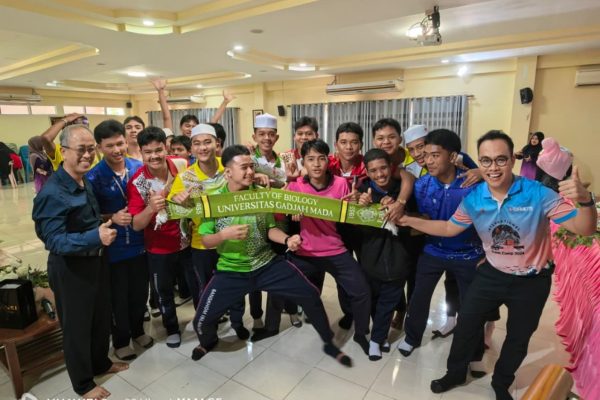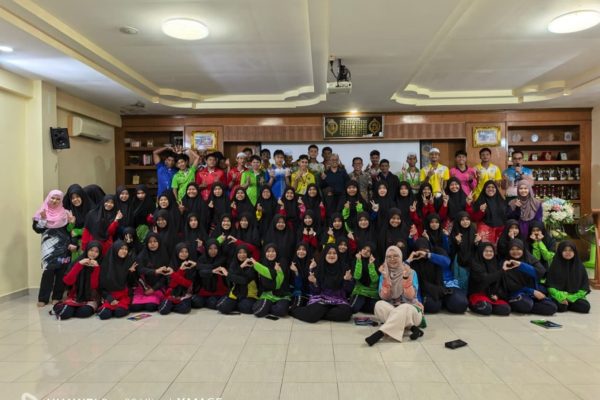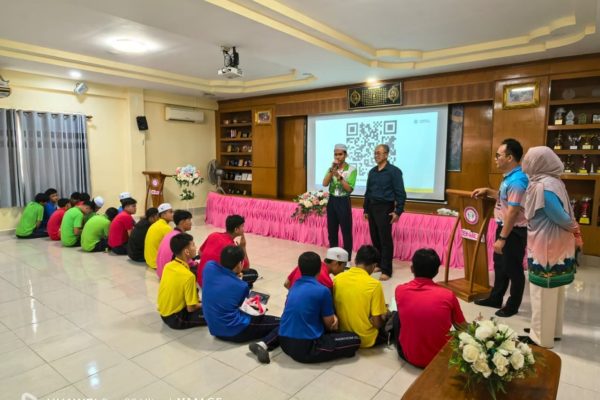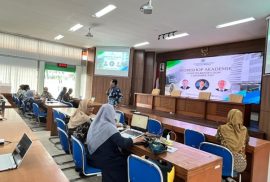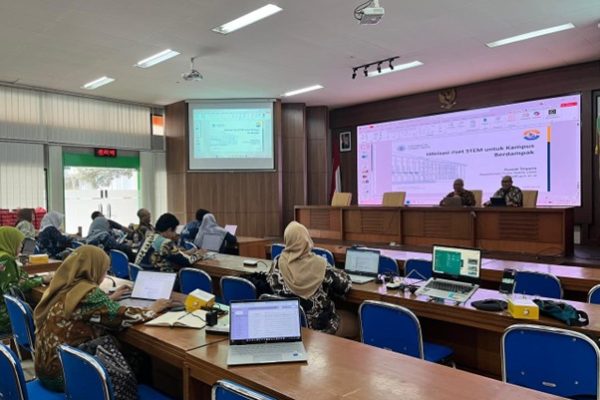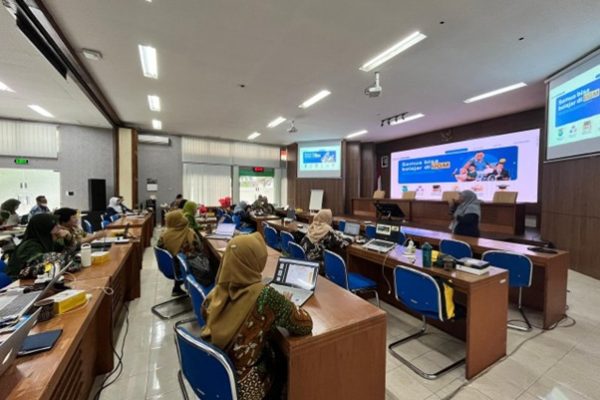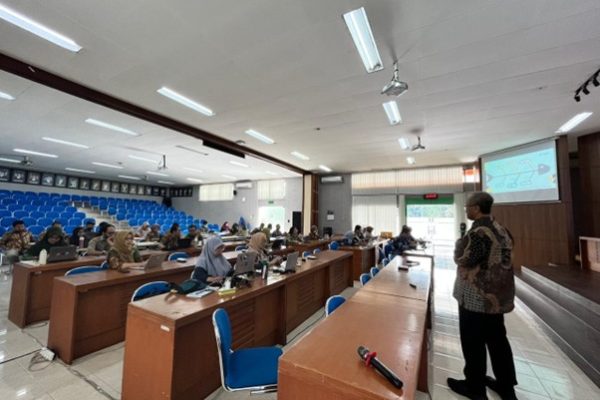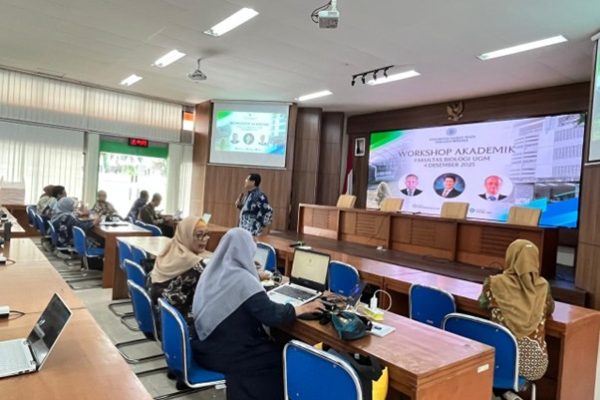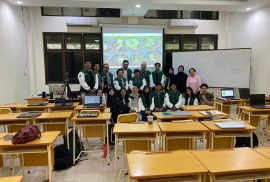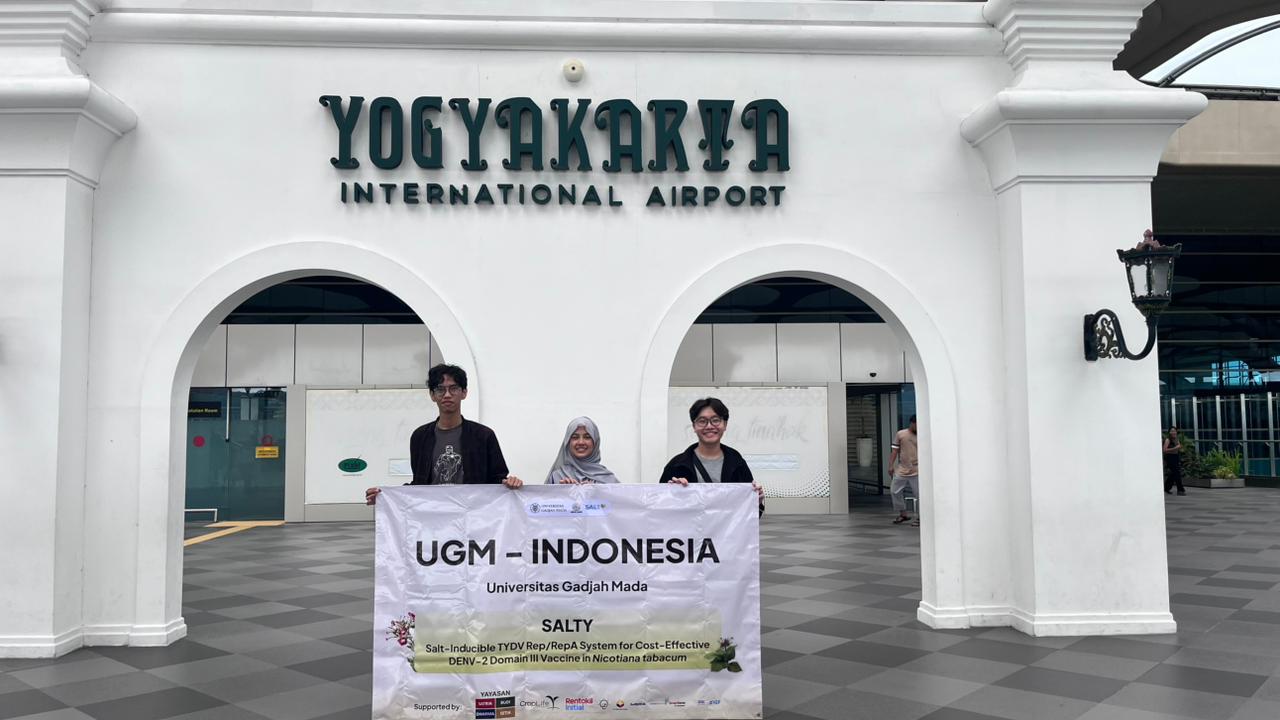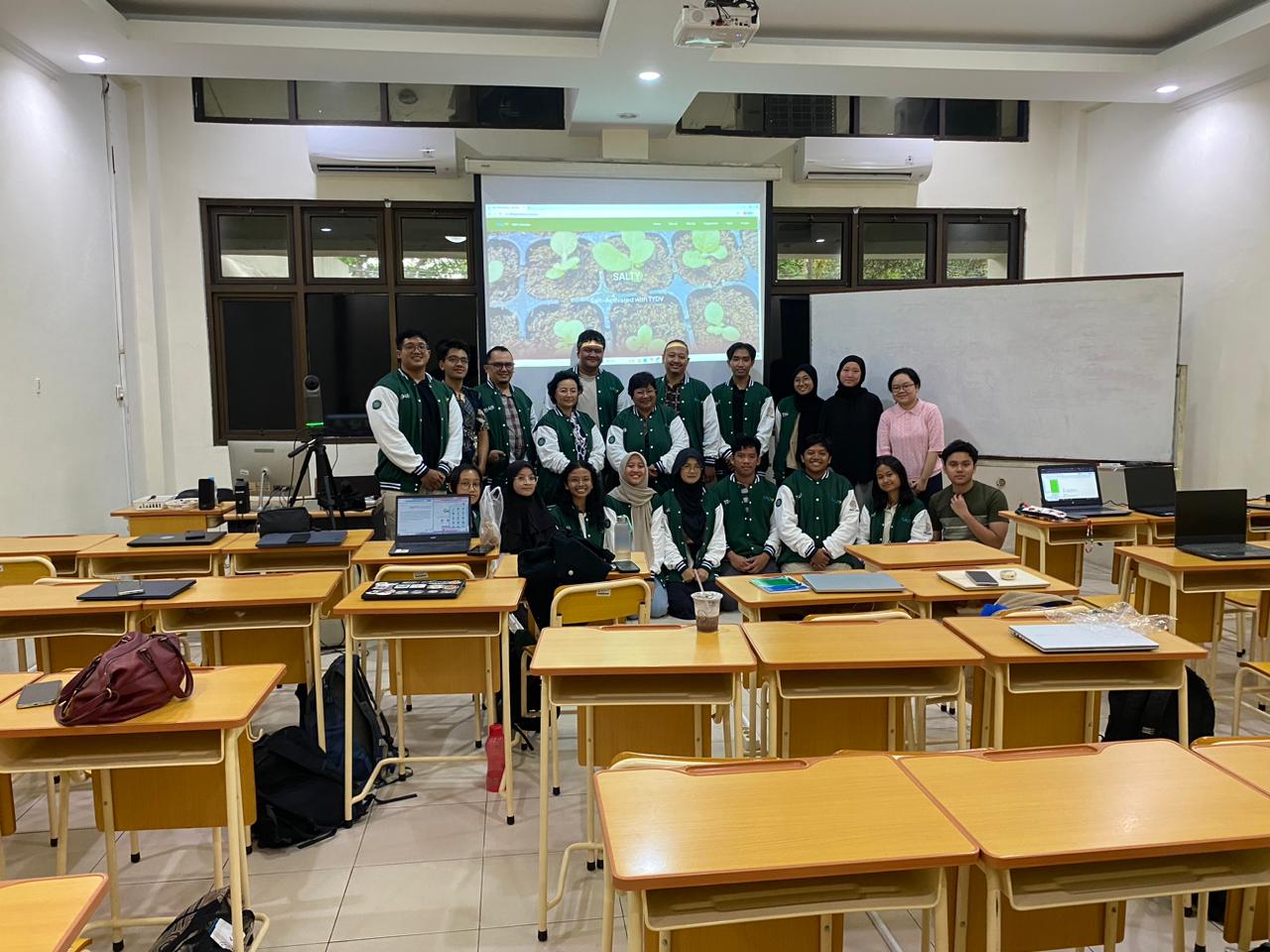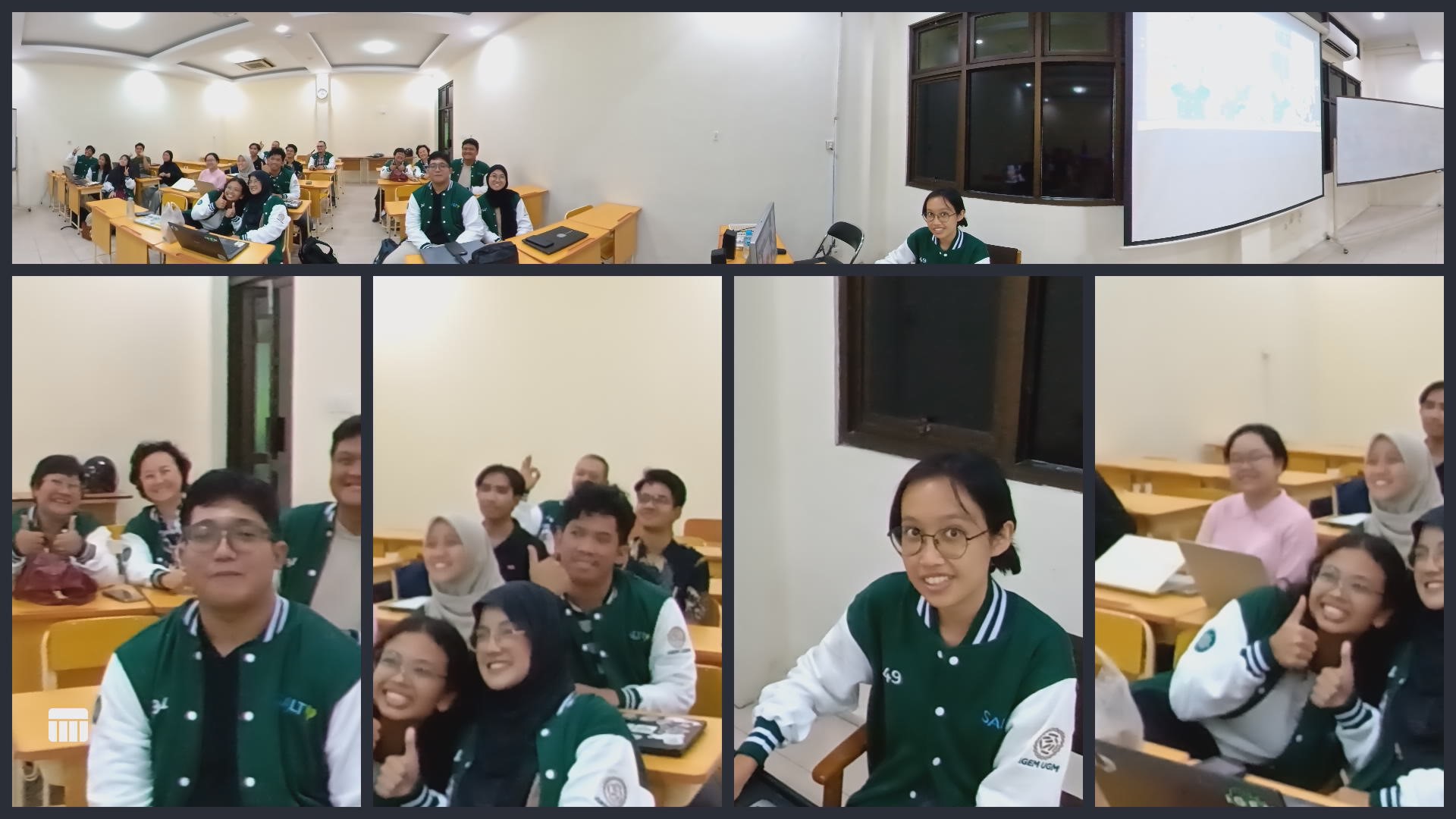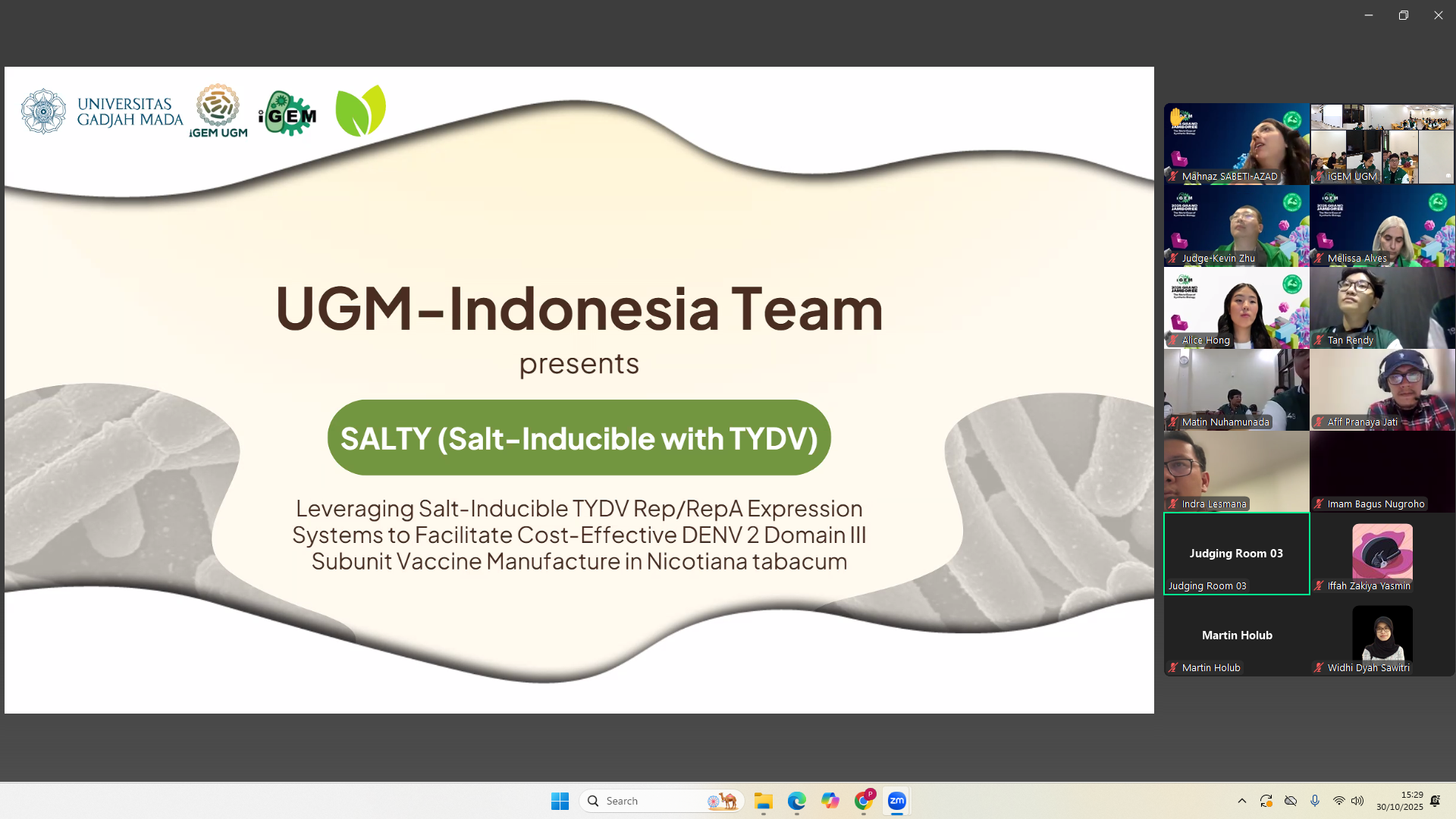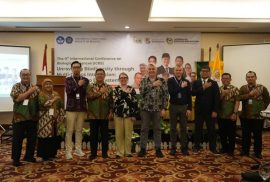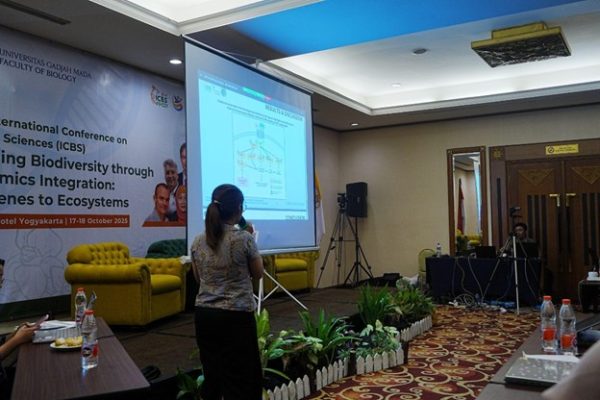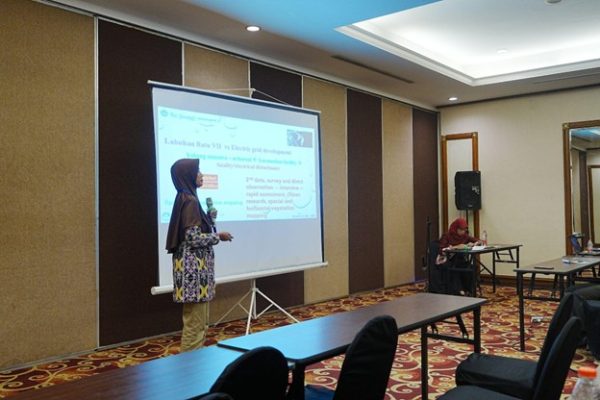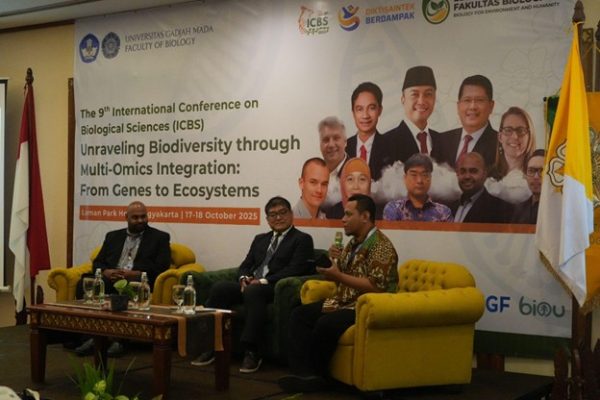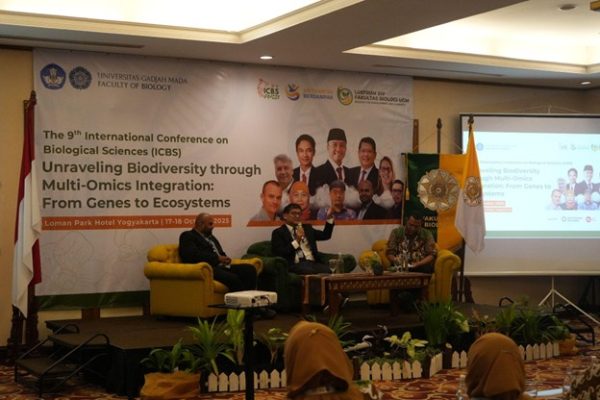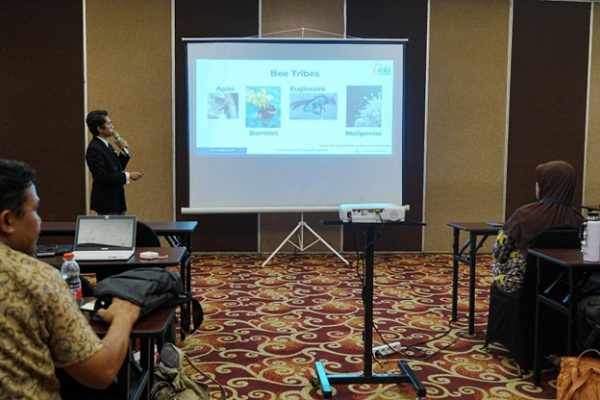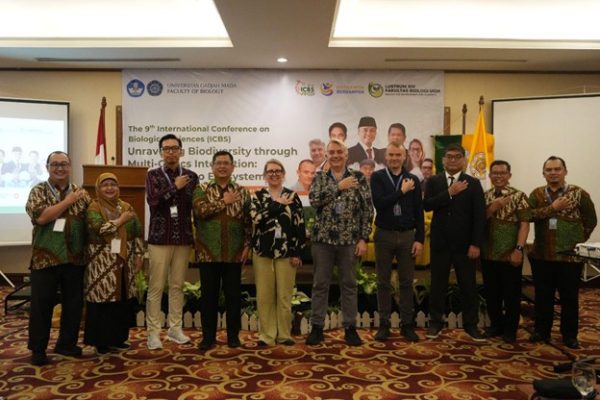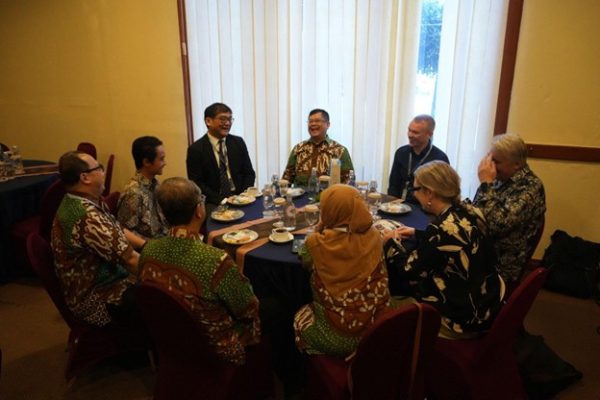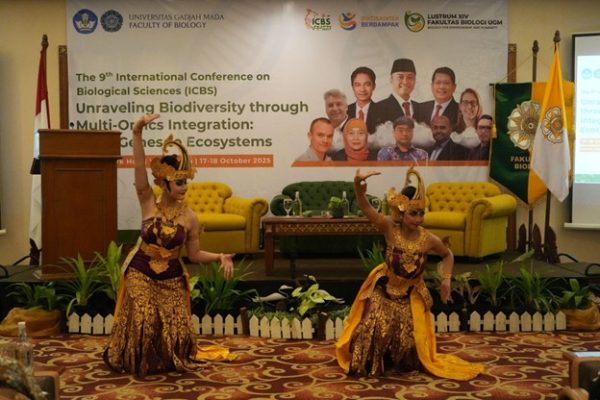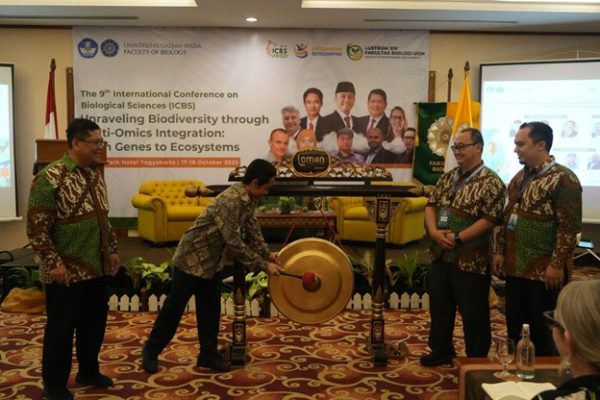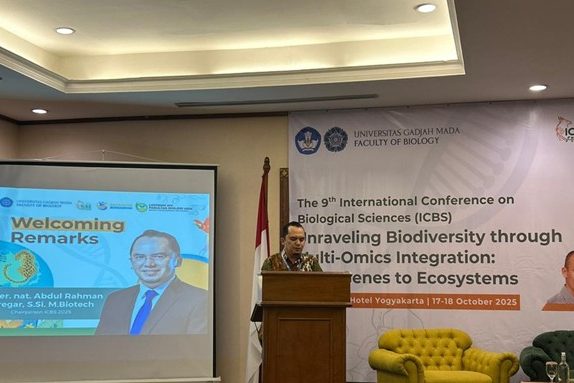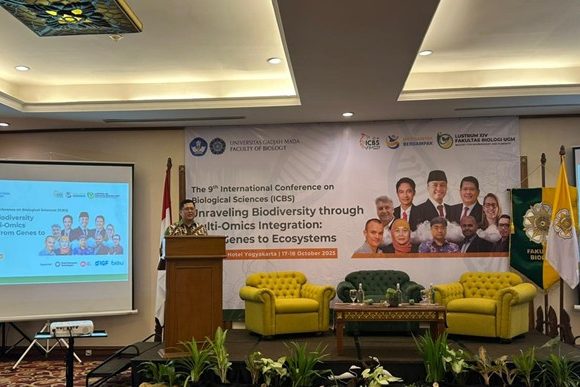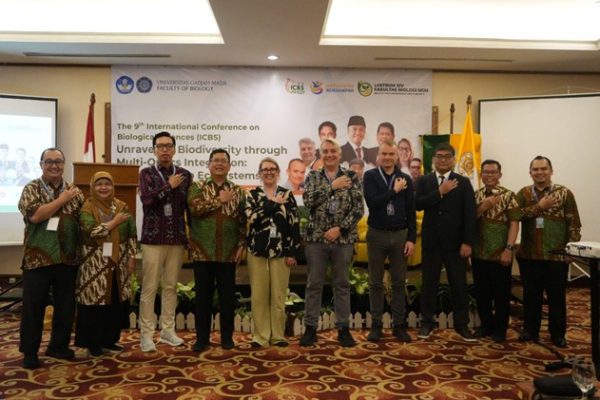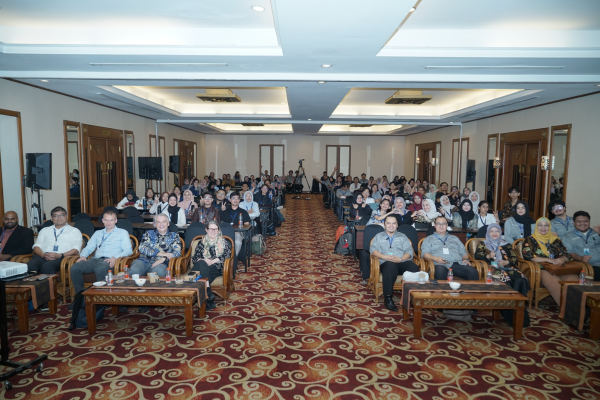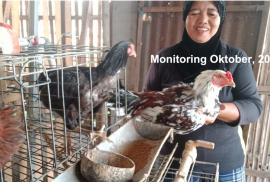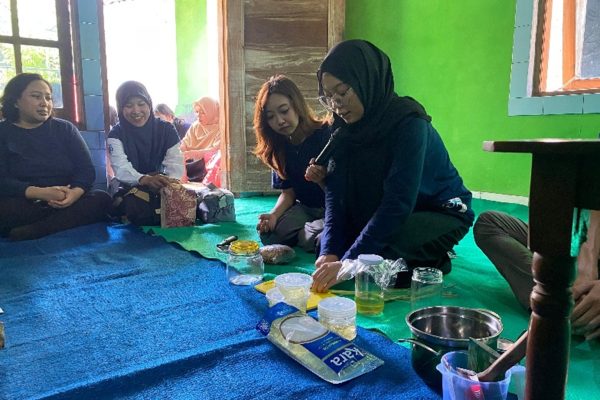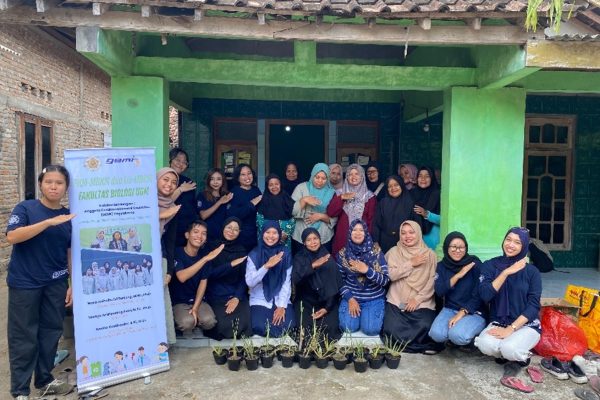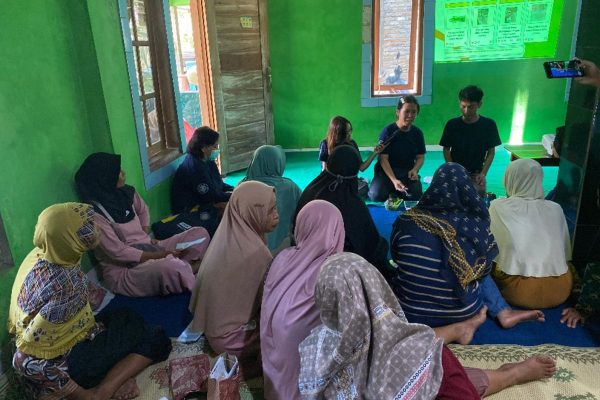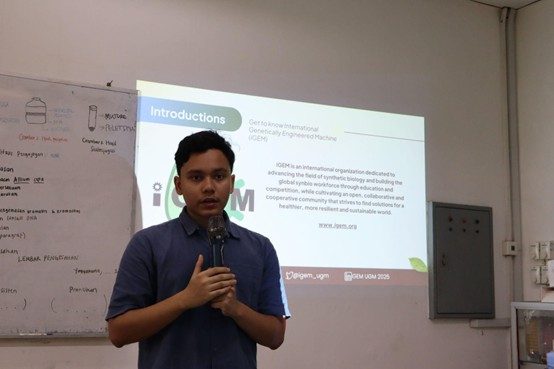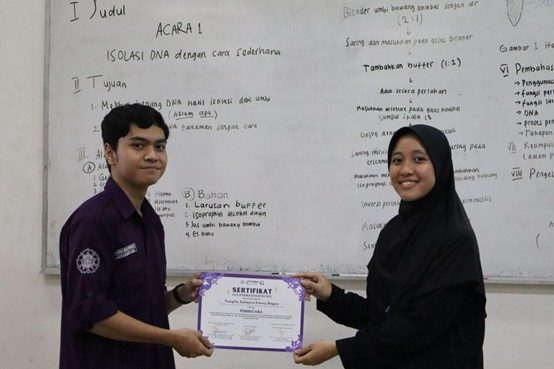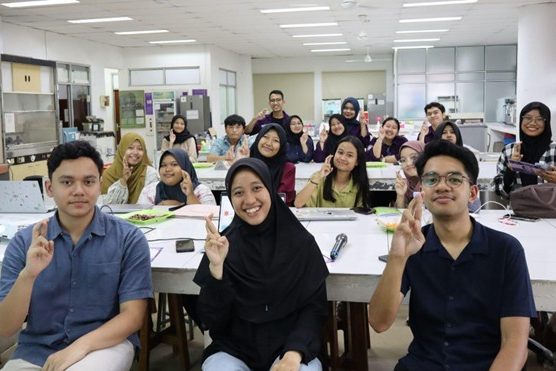This year’s conference features two distinguished keynote speakers:
- Dr. Thomas Sicheritz Ponten, Center for Evolutionary Hologenomics, The Globe Institute – Faculty of Health and Medical Sciences, University of Copenhagen, Denmark; and
- Thorunn Helgason, Chair in Ecology, School of Biological Sciences, University of Edinburgh, Scotland.
In addition, ICBS 2025 presents invited speakers from leading institutions across the world, including:
- Prof. Dr. Bent Petersen, Center for Evolutionary Hologenomics, The Globe Institute – University of Copenhagen, Denmark;
- Dra. Tuty Arisuryanti, M.Sc., Ph.D., Department of Tropical Biology, Faculty of Biology, Universitas Gadjah Mada;
- Chiharu Nakashima, Ph.D., Graduate School of Bioresources, Mie University, Japan;
- Madya Ts. Dr. Muhammad Abdul Latiff Bin Abu Bakar, Faculty of Applied Sciences and Technology, Universiti Tun Hussein Onn Malaysia; and
- Riza Arief Putranto, D.E.A., Indonesian Oil Palm Research Institute (IOPRI), RPN Holding PTPN III.
Beyond its scientific objectives, ICBS 2025 also contributes to the advancement of the United Nations Sustainable Development Goals (SDGs), particularly:
SDG 13: Climate Action – promoting research on adaptation and mitigation to climate change,
SDG 14: Life Below Water and SDG 15: Life on Land – supporting biodiversity conservation and sustainable management of terrestrial and aquatic ecosystems,
SDG 3: Good Health and Well-being – advancing biotechnological and genomic research that benefits human and environmental health, and
SDG 17: Partnerships for the Goals – fostering global scientific collaboration among Universitas Gadjah Mada, the Consortium of Indonesian Biologists (KOBI), and Universiti Tun Hussein Onn Malaysia.
Contributors: Ardaning Nuriliani, Hendry Saragih, and R. Rohmad Gunawan Hardono.
Contributors: Ardaning Nuriliani, Chelsy Ammara Septiani, Syifa Aneira, Meinawa Amaliah, Nimas Ayu Pramesthi, Muhammad Fathin Setya Daffa
[Author: Formasigen]
[Author: Formasigen]
Nara, 28 August 2025 — The Faculty of Biology, Universitas Gadjah Mada (UGM), continues to expand its academic and research collaboration at the international level through its participation in Bio Summer Camp 2025, organized by the Nara Institute of Science and Technology (NAIST), Japan, on 26–28 August 2025 at the NAIST Campus in Nara.
In this program, Prof. Dr. Bambang Retnoaji, M.Sc., Professor at the Faculty of Biology UGM, was invited as a guest reviewer by NAIST. His presence aimed to share expertise, provide academic feedback to students, and open opportunities for research exchange between UGM and NAIST.
Bio Summer Camp 2025 was attended by first- and second-year doctoral students, second-year master’s students, as well as lecturers and researchers from NAIST. The program focused on training scientific communication skills in English, student research presentations in the format of an international academic conference, and discussion forums that encouraged opportunities for cross-border research collaboration.
In addition to the main agenda, Prof. Bambang Retnoaji also met with Prof. Dr. Yasumasa Bessho of NAIST to discuss plans for developing a double degree program between NAIST and the Faculty of Biology UGM. This meeting is expected to serve as an initial step toward strengthening more structured academic cooperation in the future.
On this occasion, Prof. Bambang also met with several students and alumni of the Faculty of Biology UGM who are currently pursuing further studies at NAIST. The meeting further strengthened academic networks while providing support to UGM students pursuing careers on the international stage.
The participation of the Faculty of Biology UGM in Bio Summer Camp 2025 carries strategic significance in strengthening UGM’s reputation in the fields of biology and life sciences. Beyond enhancing the international capacity of students through global academic exposure, the program also paves the way for broader research and educational cooperation between Indonesia and Japan, including the potential establishment of a double degree program in the future. In line with its commitment to supporting the Sustainable Development Goals (SDGs), this initiative contributes to improving the quality of higher education (SDG 4), strengthening global partnerships (SDG 17), and advancing research that supports good health and well-being (SDGs).


